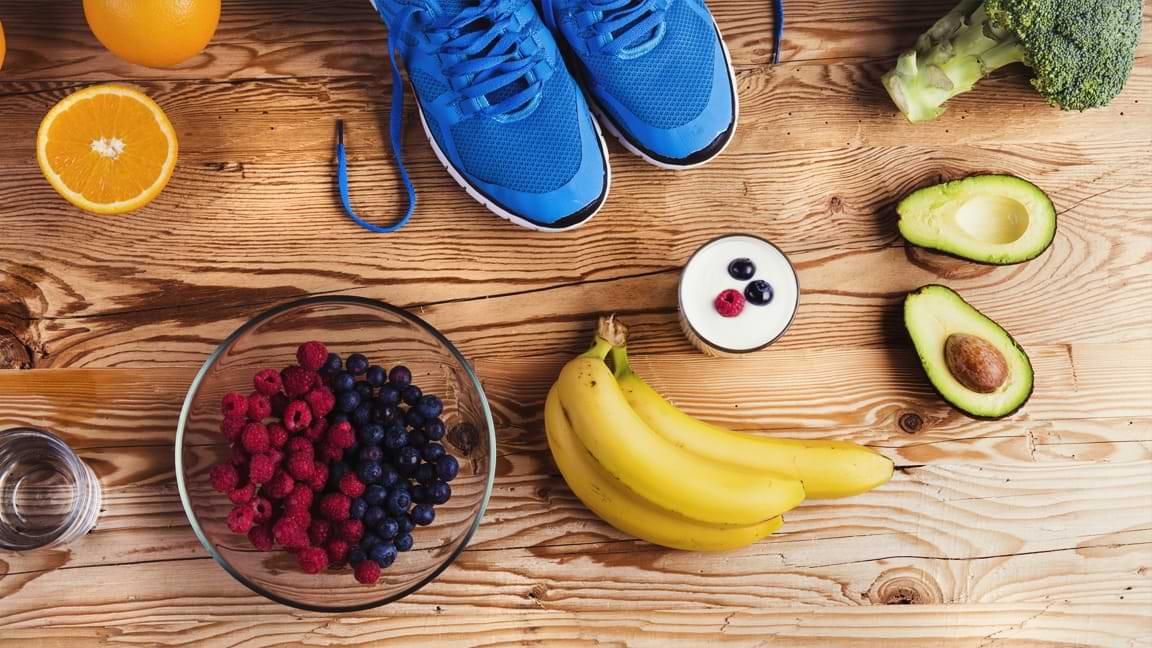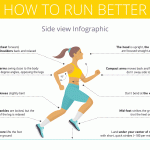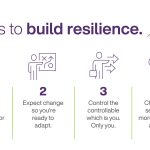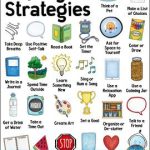
Proper nutrition plays a crucial role in optimizing athletic performance and achieving fitness goals. Fueling your body with the right nutrients not only enhances energy levels but also aids in muscle recovery, improves endurance, and supports overall fitness. Whether you are an amateur looking to incorporate exercise into your routine or a seasoned athlete, this article will guide you on the essentials of nutrition for fitness.
Understanding Macronutrients
Macronutrients, commonly known as macros, are essential components of a healthy diet that provide the body with energy. There are three main macronutrients: carbohydrates, proteins, and fats. Balancing these nutrients is key to fueling your workouts effectively.
1. Carbohydrates
Carbohydrates are the primary source of energy for physical activity. They are broken down into glucose, which provides fuel for muscles and brain function. Complex carbohydrates, such as whole grains, fruits, and vegetables, are preferable as they release slow-burning energy, keeping you energized for longer. Simple carbohydrates, found in sugary snacks and drinks, should be limited as they provide short-term energy spikes and can lead to crashes.
2. Proteins
Proteins are vital for muscle repair and growth. During workouts, muscle fibers break down, and consuming adequate protein helps rebuild and strengthen them. Sources of lean protein include poultry, fish, eggs, tofu, legumes, and dairy products. It is recommended to have protein in every meal to meet your body’s requirements.
3. Fats
Fats are a necessary part of a balanced diet, but choosing the right kind of fats is important. Unsaturated fats, found in foods like avocados, nuts, and olive oil, are heart-healthy and beneficial for overall well-being. Saturated and trans fats, typically found in fried and processed foods, should be limited as they can increase the risk of heart disease and hamper performance.
The Importance of Hydration
Staying hydrated is vital for optimal exercise performance. Water is involved in numerous bodily functions, including transporting nutrients, regulating body temperature, and lubricating joints. Persistent dehydration can lead to fatigue, cramps, and decreased performance.
Using HTML markup, you can emphasize the importance of hydration by linking to an external resource or including an image of a water bottle beside this paragraph.
Pre-Workout Nutrition
Fueling your body before a workout ensures that you have sufficient energy to perform at your best. The timing and composition of your pre-workout meal can impact your performance and recovery.
Include a sample pre-workout meal using a table:
Meal Component
Example
Complex Carbohydrates
Whole grain toast, oatmeal, or sweet potatoes
Lean Protein
Chicken breast, Greek yogurt, or protein shake
Healthy Fat
Avocado, nuts, or nut butter
During-Workout Nutrition
For lengthy or intense workouts, it may be beneficial to replenish your body with easily digestible fuel. Simple sugars, such as an energy gel or sports drink, can provide a quick energy boost when needed. Remember to stay hydrated and sip water throughout the workout.
Post-Workout Nutrition
After exercising, your body needs to recover and repair damaged muscle fibers. Consuming a well-balanced meal within 1-2 hours of your workout is crucial for muscle recovery and glycogen replenishment.
Use HTML markup to create a section highlighting examples of post-workout meals:
Sample Post-Workout Meal Ideas:
Grilled chicken breast, quinoa, and roasted vegetables
Salmon, brown rice, and steamed broccoli
Vegetarian stir-fry with tofu, brown rice, and mixed vegetables
Supplements
While proper nutrition can usually fulfill your body’s needs, some individuals may benefit from certain supplements. For example, athletes engaged in strength training may consider protein powder to supplement their daily protein intake. However, it is important to consult a healthcare professional or registered dietitian before starting any supplement regimen.
Conclusion
When it comes to fitness, nutrition is the key to unlocking your full potential. Adequate intake of macronutrients, proper hydration, and strategic pre-, during, and post-workout nutrition can significantly enhance athletic performance and promote overall health. Remember to listen to your body’s needs, stay consistent, and consult a professional to create a personalized nutrition plan that aligns with your fitness goals.







